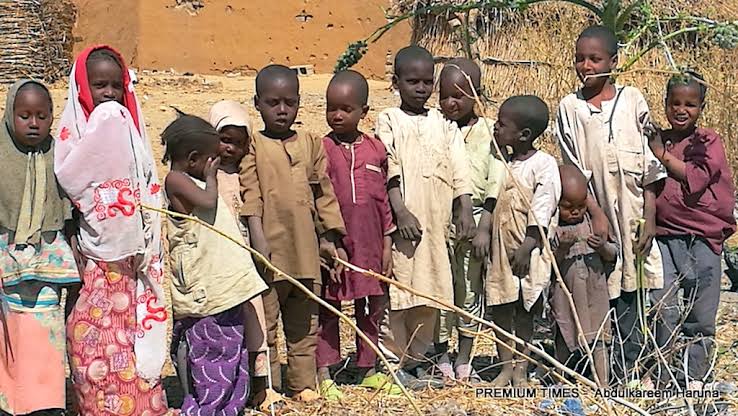Three hundred out-of-school children in the North West will be back to school, courtesy of an European Union (EU)-funded consortium, led by Plan International Nigeria, PI; Save the Children International, SCI, and Dispute Resolution and Development Initiative, DRDI.
The three states to benefit form this plan include lKano, Jigawa and Sokoto.
The consortium wants to achieve this through the implementation of an Accelerated Basic Education Program, ABEP, a non formal form of education.
The EU Consortium Lead and Education Advisor of Plan International Nigeria, Tobi Ransomed disclosed this during the project startup workshop in Kano.
According to her, “Plan International Nigeria, Save the Children International (SCI), and local co-applicants, Dispute Resolution and Development Initiative (DRDI) and Save the Child Initiative (STCI) are implementing the Accelerating Basic Education and Livelihood Opportunities for Children and Youth in North Western Nigeria through a consortium. Funded by the European Union, EU, the three-year project (July 2024-June 2027) will be implemented in Jigawa, Kano, and Sokoto States of Northwest Nigeria.
“According to UNESCO in 2022, Nigeria has approximately 20 million out-of-school children and youth (OOSCY), with the North-West region contributing 3.49 million. The region is faced with high poverty levels, forcing many children into economic activities rather than schooling, frequent attacks on schools and kidnappings, gender discrimination and early marriages of the girl child; poorly resourced schools, teacher shortages, and hidden costs associated with education, among others.
“This project aims to support education and youth empowerment by providing youth, in particular girls in rural underserved and nomadic communities, with access to inclusive gender transformative and conflict-sensitive equitable quality education and skill development by providing increased access to vocational training, including training for green jobs, and developing critical skills for women, girls, youths and nomads in the three States. We are doing these through the vehicle of the Accelerated Basic Education Programme, ABEP, a non-formal form of education and usually for children and youths that have been out of school for a while. We are looking at children between 10 years old and 18 years old.”
She added among others, “We are looking at a total of 12 LGAs. Kano has the highest with five LGAs while Sokoto and Jigawa have four and three respectively. We selected the LGAs with high numbers of our of school children and underserved communities. Similarly, over 10 per cent of the target is nomads and also children with disabilities.
“We are targeting 324,000 young boys and girls for ABEP alone for teaching and learning, non-formal.”
Out of the 324,000, we will identify 60,000 whom we will support them in vocational skills because some children might not wish to continue into secondary or tertiary institutions education but want to have skills.
